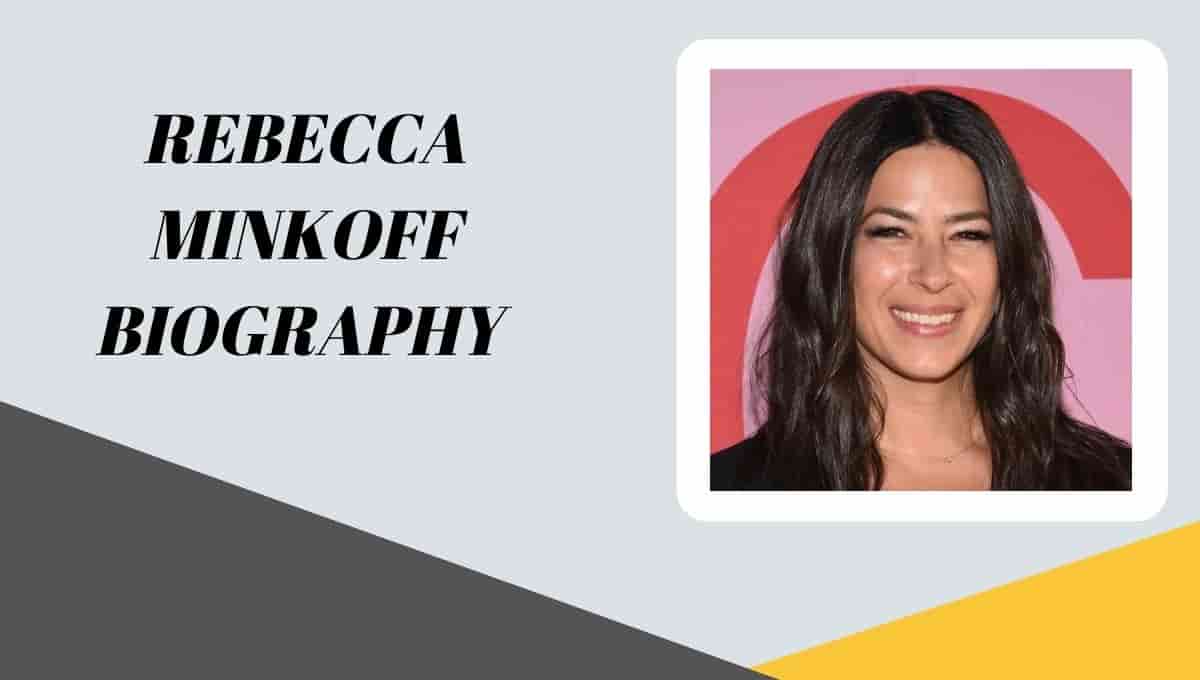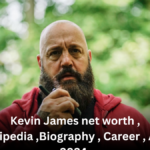Rebecca Minkoff scientologist, Wikipedia, Wiki, Career, Mules, Mini Mac, Blush perfume, Leather jacket, love Cross Body, Handbag, Julian
Rebecca Minkoff scientologist, Wikipedia, Wiki, Career, Mules, Mini Mac, Blush perfume, Leather jacket, love Cross Body, Handbag, Julian – Rebecca Minkoff, a well-known fashion designer, embarked on an exciting journey in the late last year when she decided to renovate a century-old house she had just bought in her hometown on the West Coast of Florida. Being a hands-on designer, Rebecca eagerly got involved in all the nitty-gritty details of the home makeover. She shared during a recent interview with WWD that she was almost done with the renovation, waiting only for the arrival of some toilet parts.
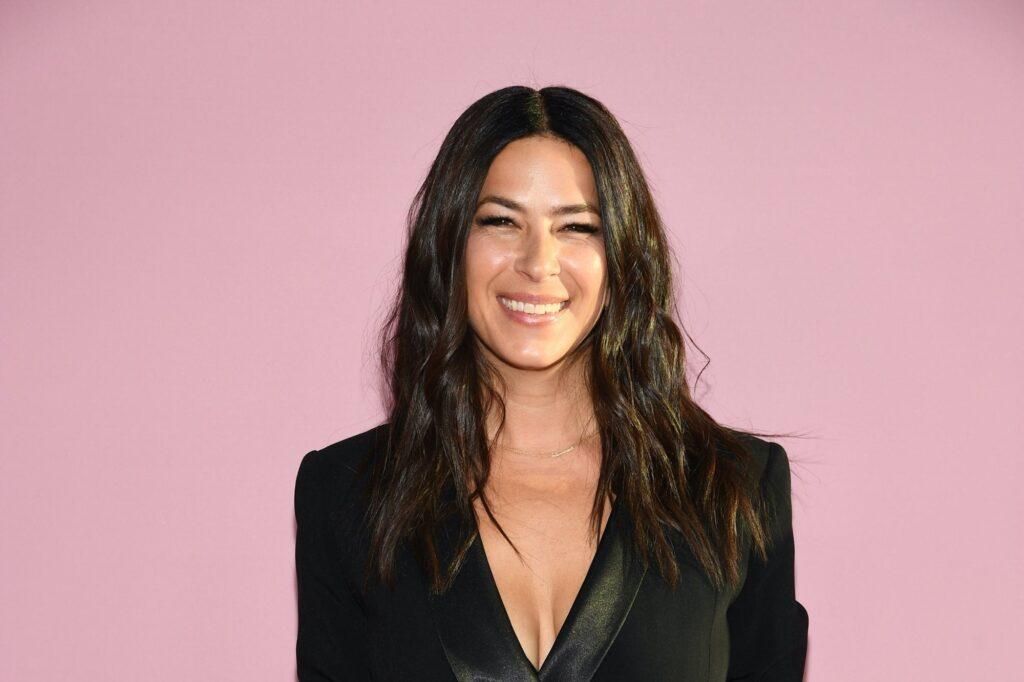
The Designer Who Embraced Change
When it came to choosing the perfect stone for her kitchen, Rebecca reached out to Lyndsey Belle Tyler, who is the creative director and vice president of marketing at ABC Stone. Rebecca had her eyes set on a stunning slab of Calacatta Viola, a type of marble with striking violet and burgundy veins. However, Lyndsey had a unique idea in mind. She wanted to collaborate with artists who could bring a personal touch to their products.
Lyndsey called Rebecca with her “crazy, wild idea,” which immediately piqued Rebecca’s interest. The proposal was to collaborate with ABC Stone and Borrowed Earth Collaborative, a design studio based in Los Angeles known for creating sustainable slabs and tiles. Rebecca was excited about the opportunity to step outside her comfort zone and explore her creative side.
Their first collaborative project, Anthozoa, is a collection of three large custom panels intricately carved on massive slabs of marble and limestone. Creating each piece was a labor-intensive process, involving about 300 hours of computer numerical control (CNC) milling and hand-finishing. The largest panel measures 8 feet by 4 feet, and prices for these exquisite pieces range from $35,000 to $44,000.
What’s truly unique about Anthozoa is that it takes inspiration from sea anemones and coral, bringing out the artistic side of stone. Rebecca’s goal was to transform stone into art rather than just functional countertops.
“Anthozoa coral is a living, breathing thing, but it’s building something so hard. It’s alive, but it’s very stiff and sculpture-like,” she explains. “The question was, how do we take that idea and turn it into something that could be a beautiful installation in a corporate building or a hotel or a townhouse or a beachfront mansion?”
Rebecca’s ultimate aim is to have Anthozoa displayed in a public space where everyone can appreciate its beauty. More designs are in the works with ABC Stone and Borrowed Earth, including a line of tiles that Tyler hopes to bring to market within a year. Rebecca shared, “We have ideas for the bread-and-butter salable stuff, but I figured, let’s launch with something that feels more like an art piece versus just everyday.”
Rebecca’s venture into the world of stone might come as a surprise, but she has always been open to exploring new avenues. The home market has seen significant growth in recent years, driven in part by people reevaluating their interior spaces during the pandemic. However, Rebecca hasn’t rushed into this crowded market. She only recently dipped her toes into the lifestyle space with a modest bedding collection introduced last year.
She explains, “We put so much thought into our products, which is why it is so limited. We only produce the top of the mattress, the sheets, and the bedding. As a brand, our goal is to have success in any area before we expand, which is why we have a very edited point of view on our home line.”
Rebecca’s journey in fashion began with determination and an understanding of what young, career-driven individuals wanted. She gained recognition with her stylish handbags, including the famous “Morning After Bag,” and leather jackets that combined grunge with office attire. Alongside her brother Uri Minkoff, she launched her brand in 2005, offering affordable clothing and accessories that resonated with a generation of empowered young adults.
Before the era of social media influencers, Rebecca connected with her customers through blogs, creating a dedicated community of fans even before the influencer phenomenon took hold. She allowed customers to participate in her creative process, a concept that was groundbreaking over a decade ago. For instance, in 2011, she collaborated with devoted handbag fans on PurseForum.com, letting users vote on design elements for a new Rebecca Minkoff handbag. At the time, this was a novel form of user-generated retail.
Joanna Coles, the former top editor at Marie Claire and Cosmo, reflects on Rebecca’s impact: “Rebecca was one of the first few women designers that understood the power of a handbag at a decent price. Young women cleaved to her because they saw someone who understood their lives, and who wanted to understand their lives, and who was no longer talking down to them. She was part of the revolution of fashion from the street up.”
As social media influencers have taken over the role of traditional gatekeepers in fashion, Rebecca remains the best ambassador for her brand. She regularly and naturally showcases her own designs on Instagram and in real life. Despite selling her company to Sunrise Brands in February 2022 (while retaining her position as chief creative officer), Rebecca continues to embody the spirit of her brand.
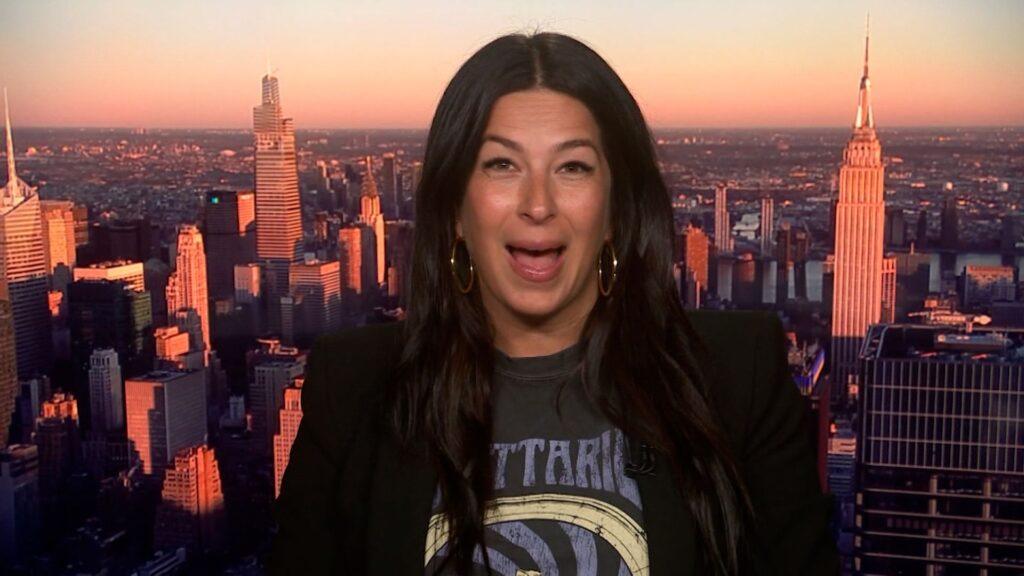
During a recent launch event for Anthozoa hosted by NYCXDesign, she wore her own black ruffled one-shoulder evening dress and strappy studded sandals. While her Instagram posts often feature her long, naturally tanned legs, she also shares vulnerable moments, including her post-partum body, in hospital underwear, after giving birth to her fourth child, Leo, in January. Rebecca, who is 42 years old, is married to Gavin Bellour, a commercial director and producer, and they have three older children: Luca (11), Bowie (9), and Nico (5).
Lyndsey Belle Tyler, who collaborated with Rebecca on the Anthozoa project, admires her authenticity: “Rebecca is authentic. She and I are in a similar space in life, we’ve got young kids, we’re both working. And maybe that’s where the similarities end, but that’s not how you feel when you’re with her. She’s so non-judgmental, you just feel like you’re hanging with your girls.”
In 2018, Rebecca founded the Female Founders Collective with Ali Wyatt, the organization’s co-founder and CEO. This nonprofit has created a community of female founders and leaders through networking events, workshops, and mentorship opportunities. Rebecca launched FFC out of frustration because she felt that there wasn’t a supportive community for her within the competitive fashion industry.
It was in the wake of the #MeToo movement that Rebecca found herself frequently speaking about female empowerment and equity on various panels. She noticed that many remarkable women approached her after these discussions, seeking advice and forming a sort of sewing circle. This experience led her to believe that having a community where women could discuss what worked, what didn’t, who to avoid, and the challenges they faced would be incredibly valuable.
The FFC received over 3,000 applications in the first weeks after its launch, and the community now includes more than 25,000 women. Rebecca explains, “We’re all working hard, and no one has time to go back to school. So how can we educate founders about all the unsexy stuff, like hiring and paying women more fairly, providing better maternity leave programs? We did a cohort during the pandemic where we took 50 female-founded companies through a financing program, and these women have collectively raised over $40 million, thanks to what we taught them. Annoyingly, women are seen as a trend, even though it doesn’t feel like women are trending right now. But we’re 51 percent of the population. I think as long as we can keep educating, supporting, and helping founders, that’s something. If someone gets paid two cents more because of something we did, I’ll take that as a win.”
Rebecca also hosts a podcast called “Superwomen with Rebecca Minkoff,” which aligns with her mission to support and uplift women. Through conversations with female founders, executives, and activists, she aims to offer practical advice wrapped up in relatable stories. Guests on her podcast have included jewelry designer Jennifer Fisher, Nyx Cosmetics founder Toni Ko, actress Jessica Alba, The Newsette founder and CEO Daniella Pierson, and actor and activist Marisol Nichols.
Rebecca is committed to making sustainability a core aspect of her brand. She introduced a blockchain-enabled sustainability tool and tracking platform in February 2020, developed in collaboration with fashion tech company Resonance. This tool allows customers to view the lifecycle of her ready-to-wear collection by scanning a QR code, providing information on water usage and carbon emissions.
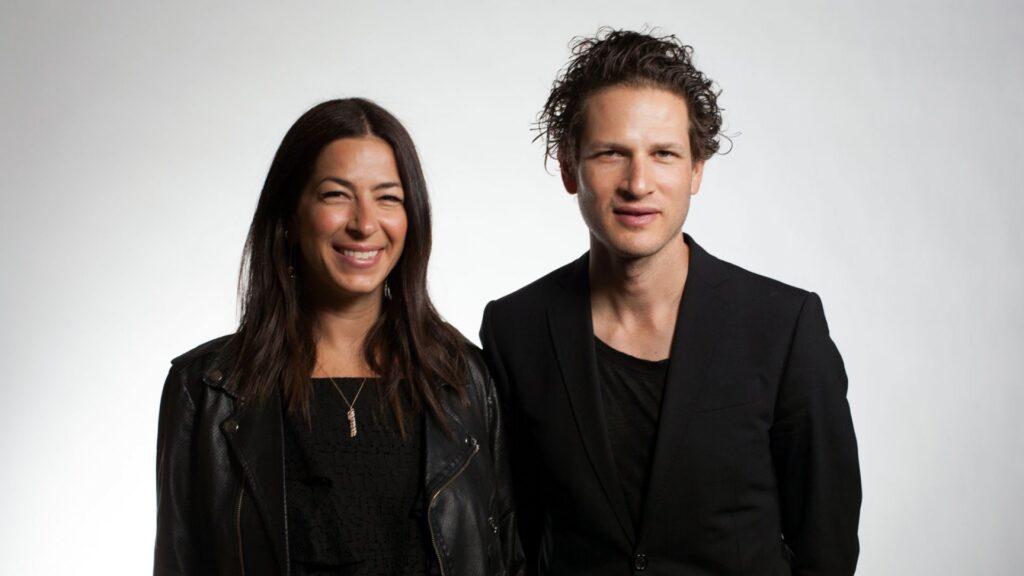
She also launched a sustainable kids’ line called Little Minkoff with Resonance. Unfortunately, the pandemic caused delays in this project as Resonance had to redirect its resources toward manufacturing masks. However, Rebecca hopes to revive the kids’ line in the future. Right now, her focus is on her mainstay products, including handbags and ready-to-wear, as well as reopening stores that were temporarily closed due to the pandemic.
Challenges
Despite the challenges posed by today’s competitive social media-driven fashion industry, where brands seem beholden to the unpredictable trends of online communities, Rebecca remains unfazed. She reflects on her journey, saying, “In the beginning, we weren’t accepted, we weren’t part of the cool club. We had to learn the technology as it was evolving to get in front of the customer. And then we used it to our advantage. The speed of the industry doesn’t scare me. It’s incredibly inspiring to see someone break through in new and different ways. We have a fast and slow approach to everything we do. But whatever we do, it needs to make sense for the brand. When I close my eyes, I can see our customer.”
Rebecca Minkoff’s story is one of innovation, perseverance, and a deep commitment to empowering women. From her early days as a designer to her current role as a champion of female founders and sustainability, she continues to make a meaningful impact in the fashion world.
How does Rebecca Minkoff describe her connection with her target customers?
Rebecca Minkoff describes her connection with her target customers as deeply personal. She believes in staying true to her brand’s design aesthetic and understanding the lives and preferences of her customers. Her ability to relate to her audience and create products that resonate with them has been a key factor in her success.
What sets Rebecca Minkoff apart in the fashion industry’s social media landscape?
Rebecca Minkoff stands out in the fashion industry’s social media landscape because she has always been an authentic brand ambassador. She shares her own designs on Instagram and in real life, connecting with her audience on a personal level. She remains actively involved in her brand’s creative process and maintains a genuine presence on social media.
What is Rebecca Minkoff’s podcast, and what is its purpose?
Rebecca Minkoff hosts a podcast called “Superwomen with Rebecca Minkoff.” The podcast features conversations with female founders, executives, and activists. Its purpose is to offer practical advice and relatable stories to inspire and support women in their professional journeys.
Read more Bio
